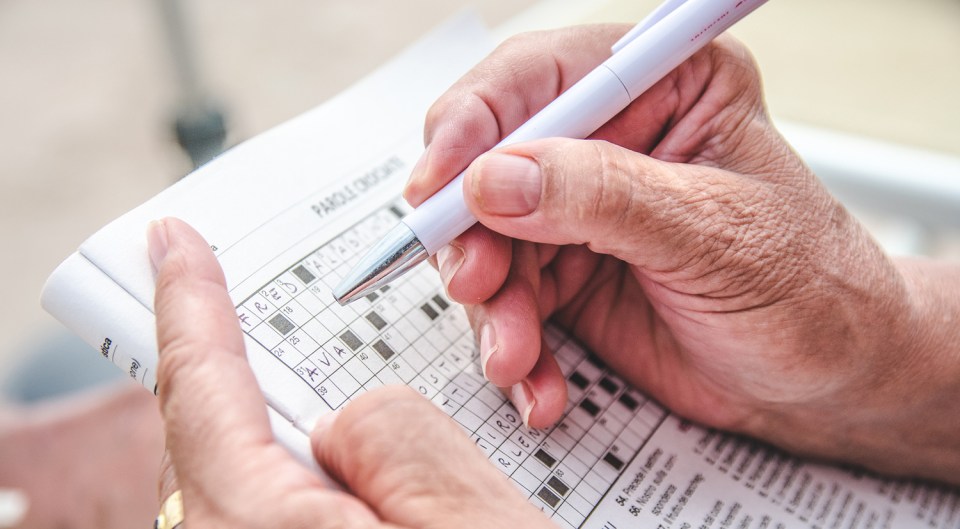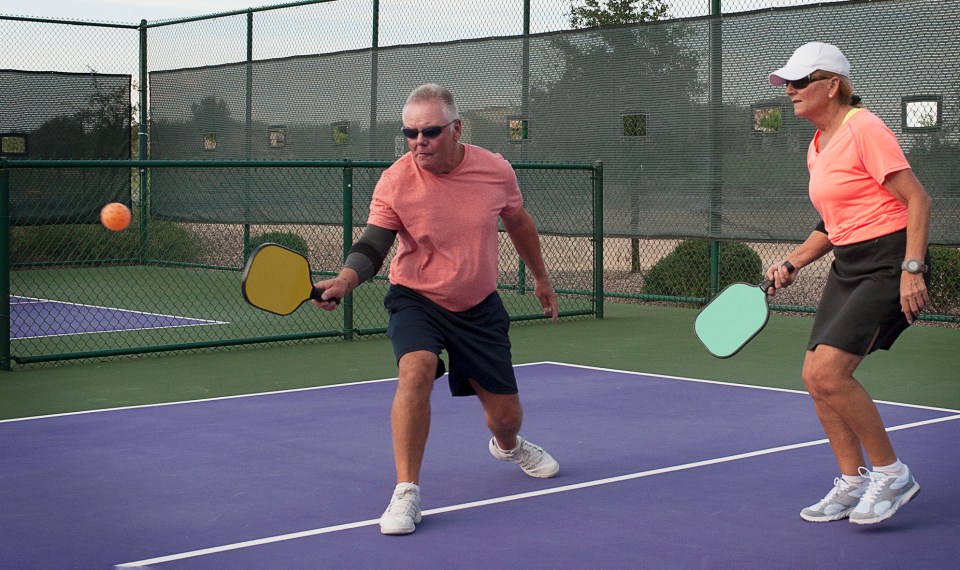Board games, video games, card games and puzzles. Chances are, you’ve owned one or the other, and that’s a good thing. Playing games can encourage socialization, improve concentration and increase knowledge. Better yet, it has been shown to pump up your memory, fighting the onset and progression of dementia and even Alzheimer’s disease. With more than 28 million baby boomers expected to develop Alzheimer’s between now and 2050, making a plan for family game nights could be a smart move.
Just like the muscles in your body, the brain will atrophy—waste away—if not exercised regularly. The brain requires a solid workout routine to grow strong nerve tissues for support. You don’t have to be in school or on the job to do it. Growing and stretching the brain can be done at every stage of life, wherever you are.
The brain also needs the chemical dopamine to promote learning and memory. Dopamine production has been shown to increase in the brain when a person solves puzzles. Challenging and stretching the brain regularly pushes the mind to grow and develop in new directions for better brain health.
Now that you know how to help, here’s how to do it. Pick the platform that’s right for you or your loved one, and make it a habit to play the game.
Word Games
Easy to play and fast to find on your grocery aisle, word games bring people together or let you fly solo for a daily brain boost. There are crossword puzzles, hidden words searches, fill-in missing words, word building and more. One study published by the Journal of International Neuropsychological Society found that late life crossword puzzle participation, independent of education, was associated with delayed onset of memory decline in persons who developed dementia.
Board Games
Board games are here to stay with fun, new options released each year. Seniors, in particular, benefit from the varied strategies they offer, with just the right level of chance. For decades, checkers and chess have tested strategic planning and focus, along with the consequences that go with them. Qwirkle, winner of the Mensa Select Award, uses math and strategy to match colors and shapes for improved cognitive health. Trivia games encourage players of all ages to dig deep under tight timelines for the win. And the family puzzle, often taking days to complete on the kitchen table, has been cited to improve visual recognition, while also strengthening short-term memory.
Video, Online and Electronic Games
Beginning with the original Atari game, Pong, from 1972, video and online gaming has come a long way, especially when improving brain power for seniors. Nintendo Wii is often used in rehabilitation programs to build cognitive skills including memory. Recall, winner of the Academics’ Choice Mind Spring Award, uses visual clues in pictures for seniors to identify hidden images, with options to increase difficulty. Bop-It prompts a player’s memory to follow directions to bop, twist and pull an object. Popular shows testing math and strategy, like Jeopardy, Wheel of Fortune and Family Feud, can be found online and played easily at home or on the go from your tablet.
Remember This
While having fun with your new and improved game time, it’s important to remember that dementia is not just something that just happens in the later years of life. Many factors play a part in brain health and risk over a span of years, with the most prevalent being physical fitness, cardiovascular health and nutrition. It’s important to pay attention to all of the pieces of the puzzle.
SOURCE:
Alzheimers.net
https://alz.org/blog/alz/july_2018/sprint_for_discovery_new_dementia_and_cardiovascu
https://www.seniorliving.org/life/brain-games/sudoku-crossword-puzzles/
https://www.ncbi.nlm.nih.gov/pmc/articles/PMC3885259/
The content of this site is for informational purposes only and should not be taken as professional medical advice. Always seek the advice of your physician or other qualified healthcare provider with any questions you may have regarding any medical conditions or treatments.



